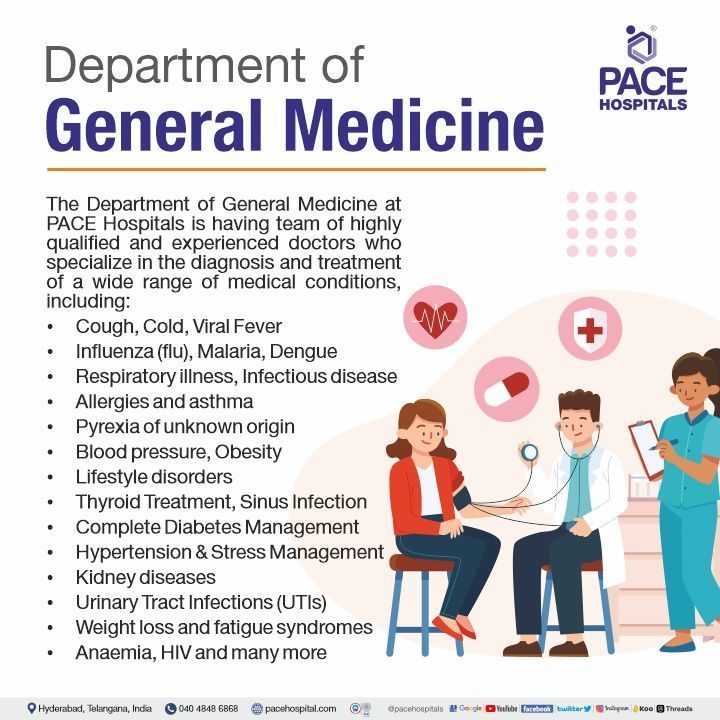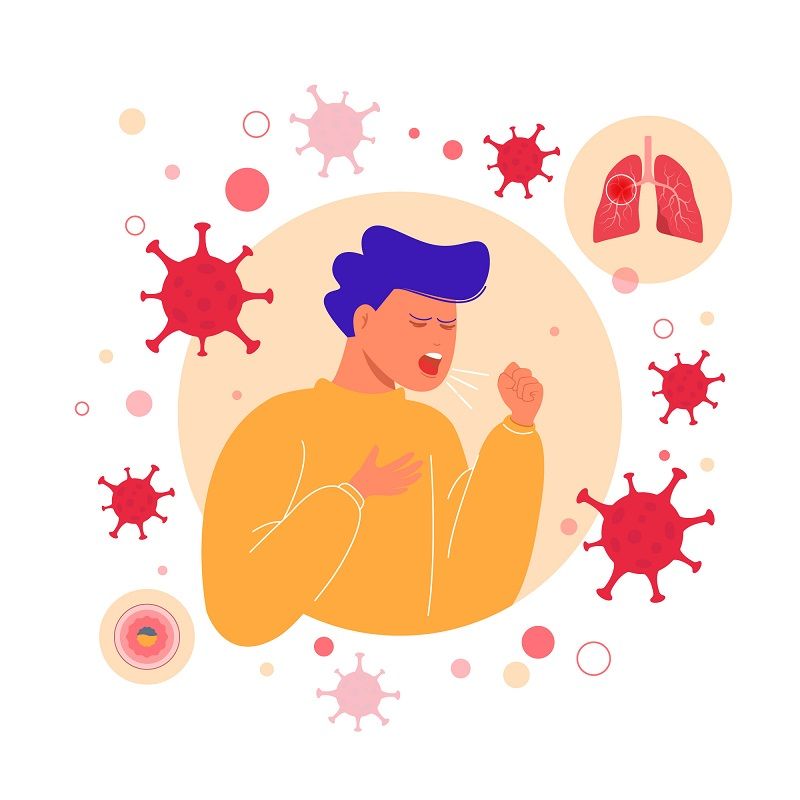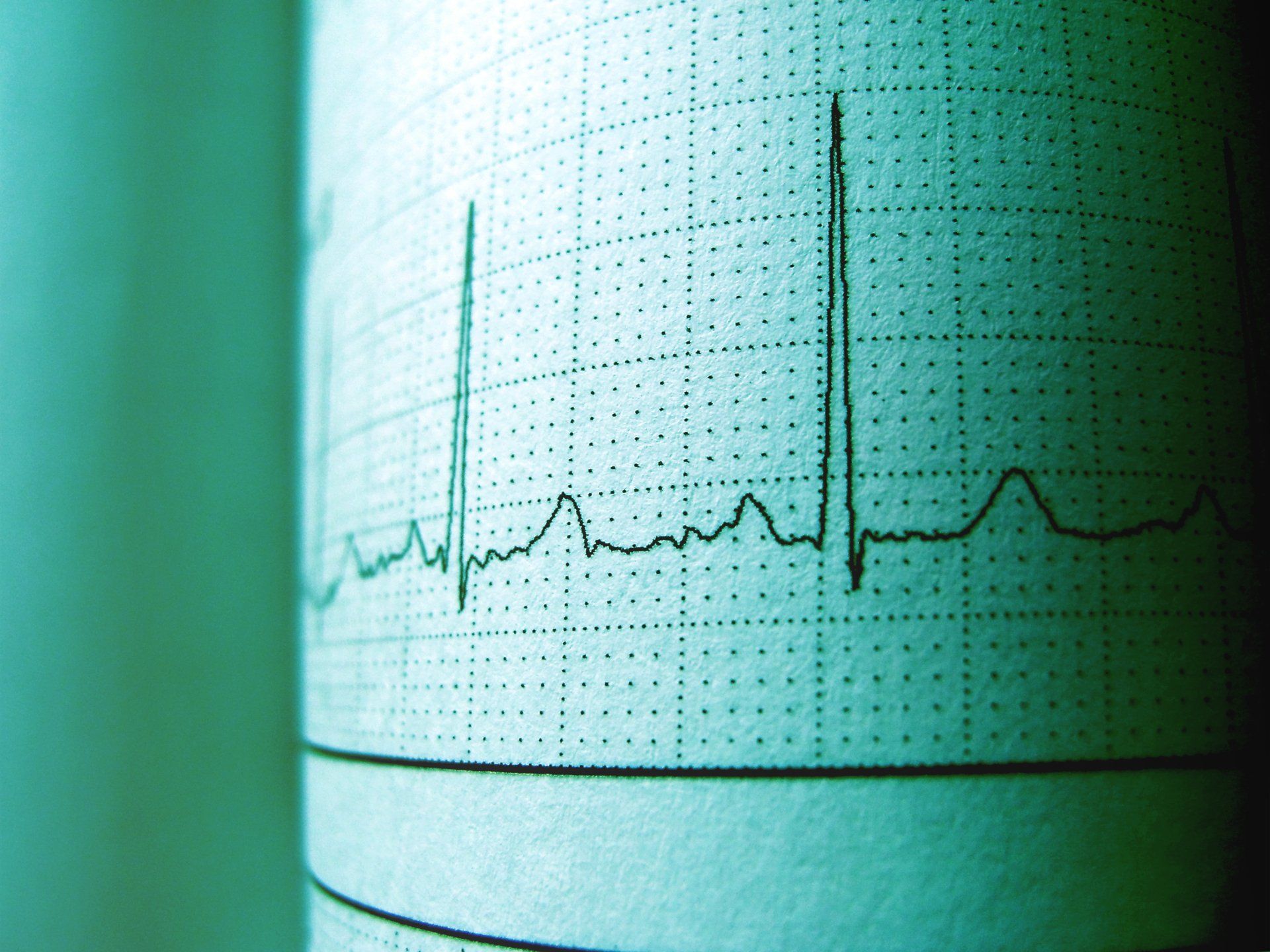Best General Medicine Hospital in Hyderabad | Internal Medicine
PACE Hospitals is one of the best General Medicine / Internal Medicine hospital in Hyderabad, India. Backed up by experienced, trusted and skilled team of general medicine / internal medicine doctors, they have wide range of expertise in providing evidence based and patient centric empathetic treatment to all kind of general diseases, complex illnesses, infectious disease, non-infectious diseases, acute and chronic disease like
- Cough, Cold and Viral Fever
- Influenza (flu), Malaria, Dengue
- Respiratory illness, Allergies and asthma
- Infectious disease, Pyrexia of unknown origin
- Blood pressure, Obesity & Lifestyle disorders
- Thyroid Treatment, Sinus Infection
- Complete Diabetes Management
- Hypertension & Stress Management
- Kidney diseases, Urinary Tract Infections (UTIs)
- Weight loss and fatigue syndromes
- Anaemia, HIV and many more
Request an appointment with General Medicine / Internal Medicine Doctors
General Medicine Appointment Enquiry
Why choose PACE Hospitals for Internal Medicine Care?
We are available from 9 am to 8 pm
Experienced and Skilled general medicine doctors
No waiting in queue for appointment
Dedicated support team to monitor
Advanced Internal Medicine - General Medicine Hospital in Hyderabad, Telangana

General Medicine / Internal Medicine Department at PACE Hospitals, Hyderabad, India is having skilled and dedicated team of the best general physician doctors, internal medicine specialist and diabetologist to cater critical care management and intensive patients care.
The department of general medicine is supported and backed up with the experienced and dedicated specialist, state-of-the-art facilities, fully equipped ICU, advanced operating theatres (OT), laboratory services, radiology services, preventive care to provide precise diagnosis and treatment of all kind of acute and chronic diseases, making the treatment more holistic, hassle-free, compassionate and patient centric. The internal medicine physician at PACE hospitals offers ample time to understand the current condition and history of the patient and based on the test findings proceed with the appropriate modalities of treatment.
3,12,338
98,538
684
2011
Best Internal Medicine / General Medicine Doctors in Hyderabad | Hitech City and Madinguda
Dr. Tripti Sharma
14+ Years of Experience
Endocrinologist (Adult & Paediatric), Physician & Diabetologist
Hitech City:
Mon to Sat - 9 am to 6 pm
Dr. Kaku Madhurya
11+ Years of Experience
General Physician and Diabetologist
Hitech City:
Mon to Sat - 9 am to 6 pm
Dr. Mounika Jetti
9+ Years of Experience
General Physician and Diabetologist
Hitech City:
Mon to Sat - 11 am to 8 pm
Need Help?
A fever that is over 103 degrees Fahrenheit or that lasts for more than three days, a cough that produces thick & green mucus, difficulty breathing, chest pain, severe abdominal pain or vomiting, diarrhea that lasts for more than two days, unexplained weight loss or gain, blood in your urine or stool, a rash that is itchy, painful, or spreading, a headache that is severe or that does not respond to over-the-counter pain medication, joint pain or swelling, changes in your vision, difficulty sleeping, feeling depressed or anxious, difficulty urinating or have pain when you urinate, any other unexplained or concerning symptoms. Whether it is temporary or persistent, a consultation with a general medicine doctor is sometimes necessary. Early diagnosis and treatment can help prevent serious complications.
What we treat?
We offer a treatment for a comprehensive and compassionate management of multiple medical conditions for patients suffering from acute illnesses & chronic conditions.

Diagnostic Tests and Procedures Performed
We perform a wide range of procedures to treat extensive general health concerns, acute illnesses, chronic illnesses for patients who present with signs and symptoms related to all kind of general diseases, complex illness, infectious disease, non-infectious diseases, acute and chronic disease.

General physicians or internal medicine doctors may suggest a variety of diagnostic tests to help them diagnose a patient's condition. The specific tests that are suggested will vary depending on the patient's symptoms and medical history. Some of the most common diagnostic tests that are recommended by general physicians include:
Blood Tests: Blood tests are a common way to check for a variety of conditions, including infections, anemia, and diabetes, lipid profile. List of Blood Tests:
- Complete blood count (CBC): This test is done to estimate the no of red blood cells (RBC), white blood cells (WBC) and platelets in the blood. It can help diagnose anaemia, infection, and other conditions.
- Blood chemistry panel: This test measures levels of various substances in your blood, including electrolytes, liver enzymes, and kidney function tests.
- Lipid Profile: This test measures levels of cholesterol, triglycerides, and other fats in your blood.
- Glucose Tolerance Test: This test measures how your body responds to sugar. It can help diagnose diabetes and prediabetes.
- Thyroid Function Tests: T3, T4 and TSH tests measure levels of thyroid hormones in your blood.
- Tumour Markers: These tests measure levels of proteins or other substances in your blood that are associated with cancer.
- Many more
Urine Tests: Urine tests can be used to check for infections, kidney problems, and diabetes. List of Urine Test:
- Appearance: This test checks the color, clarity, and consistency of your urine. Abnormalities in the appearance of your urine can indicate a variety of conditions, such as urinary tract infections, kidney disease, or liver disease.
- Specific gravity: This test measures the concentration of your urine. A high specific gravity indicates that your urine is concentrated, which can be a sign of dehydration or kidney disease. A low specific gravity indicates that your urine is dilute, which can be a sign of diabetes or excessive fluid intake.
- Urine pH Test: This test measures the acidity of your urine. A normal pH is between 4.5 and 8. A low pH can indicate a urinary tract infection, while a high pH can indicate kidney disease or metabolic acidosis.
- Protein in Urine Test: This test checks for the presence of protein in your urine. Protein in the urine can be a sign of kidney disease, urinary tract infections, or other conditions.
- Ketones: This test checks for the presence of ketones in your urine. Ketones are produced when your body breaks down fat for energy. Ketones in the urine can be a sign of diabetes or other conditions.
- Nitrites: This test checks for the presence of nitrites in your urine. Nitrites are produced by certain bacteria that can cause urinary tract infections.
- Urobilinogen: This test checks for the presence of urobilinogen in your urine. Urobilinogen is a breakdown product of hemoglobin, the protein that carries oxygen in the blood. High levels of urobilinogen in the urine can be a sign of liver disease.
- Bilirubin: This test checks for the presence of bilirubin in your urine. Bilirubin is a yellow pigment that is produced when the body breaks down red blood cells. High levels of bilirubin in the urine can be a sign of liver disease or other conditions.
- Leukocytes: This test checks for the presence of white blood cells in your urine. White blood cells are part of the body's immune system and they are often present in the urine when there is an infection.
- Epithelial cells: This test checks for the presence of epithelial cells in your urine. Epithelial cells are the cells that line the urinary tract and they are often present in the urine in small amounts. However, high levels of epithelial cells in the urine can be a sign of infection or inflammation.
- Crystals: This test checks for the presence of crystals in your urine. Crystals are small, solid particles that can form in the urine. Certain types of crystals can be a sign of kidney stones or other conditions.
Imaging Tests: Imaging tests are used to create images of the inside of the body. They are used to diagnosing diseases, plan treatment, and monitor treatment progress. List of Imaging Tests:
- X-rays
- Computed tomography (CT) scans
- Magnetic resonance imaging (MRI) scans
- Ultrasound
- Positron emission tomography (PET) scans
Electrocardiogram (EKG): An EKG (Electrocardiogram) is a test used to measure the heart's electrical activity. It can check for heart problems, such as arrhythmias and heart attacks.
Echocardiogram: An echocardiogram is an ultrasound that works on sound waves to create images of the heart. It can be used to check for heart problems, such as valve problems and heart failure.
Chest X-ray: A chest X-ray is a type of X-ray that can be used to look at the lungs, heart, and other structures in the chest. It can check for pneumonia, lung cancer, and other conditions.
Why to choose PACE Hospitals?
- 150+ bedded super speciality hospital, CGHS & ISO accreditation.
- NABH and NABL accreditation.
- State-of-the-art Liver and Kidney transplant centre.
- Empanelled with all TPA’s for smooth cashless benefits.
- Centralized HIMS (Hospital Information System).
- Computerized health records available via website.
- Minimum waiting time for Inpatient and Outpatient.
- Round-the-clock guidance from highly qualified surgeons and physicians.
- Standardization of ethical medical care.
- 24X7 Outpatient & Inpatient Pharmacy Services.
- State-of-the-art operation theaters.
- Intensive Care Units (Surgical and Medical) with ISO-9001 accreditation.
Coronavirus (COVID-19) Related Information
- Black Fungus Infection - Mucormycosis Disease: Causes, Symptoms, Diagnosis and Treatment
- Coronavirus symptoms day by day monitoring is crucial for recovery from COVID-19. Know how?
- Coronavirus: What is asymptomatic, mild and moderate COVID -19?
- Coronavirus - How to treat COVID-19 at home isolation | Self Care Treatment Guidelines
- COVID-19 Treatment Private Hospitals in Hyderabad
- Coronavirus: Symptoms, Precautions and Treatment
- Reinfection of Covid-19 (Coronavirus), is it possible?
- Covid-19 and Kidney Disease: Important Update for Kidney Patients








